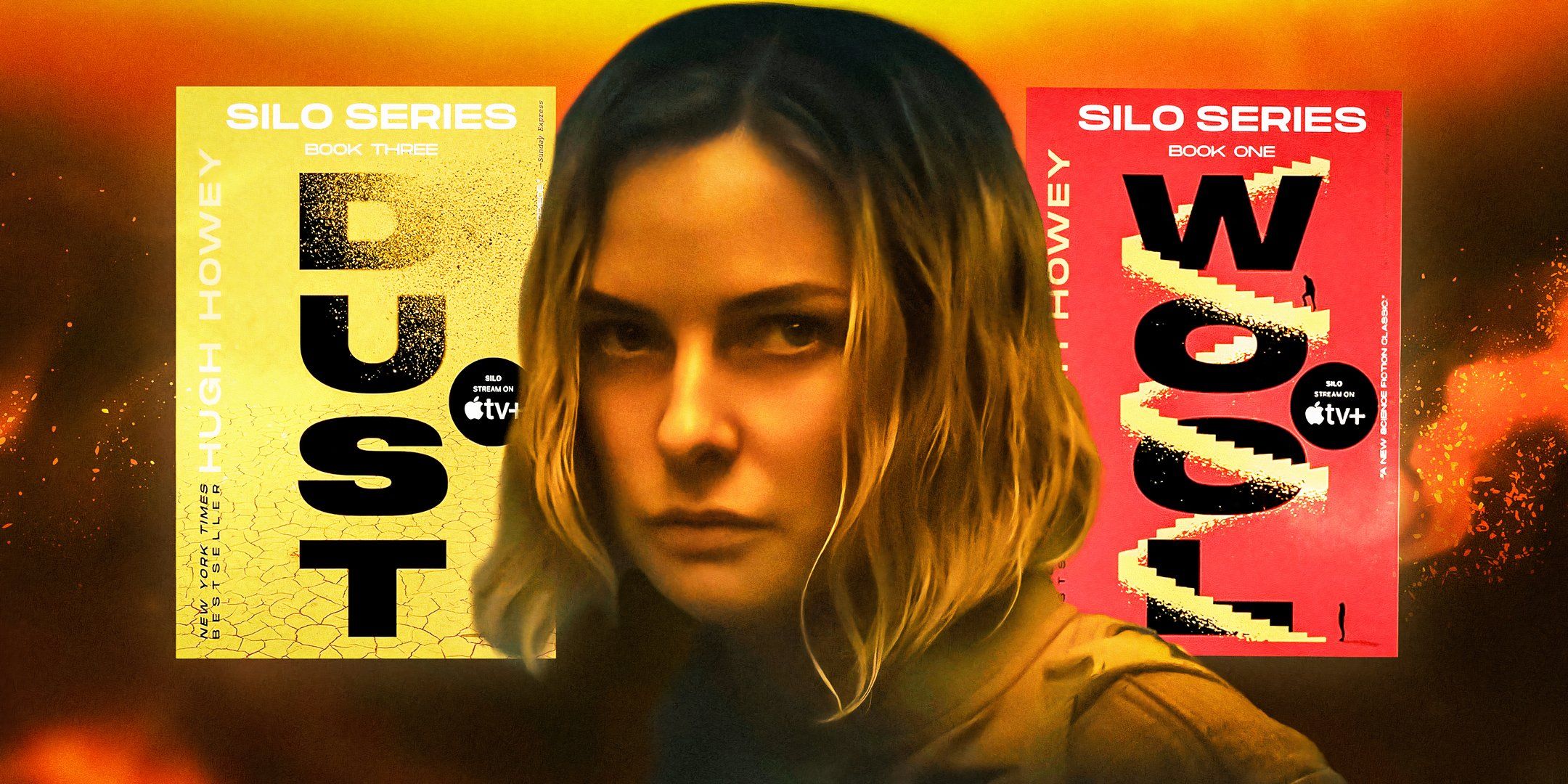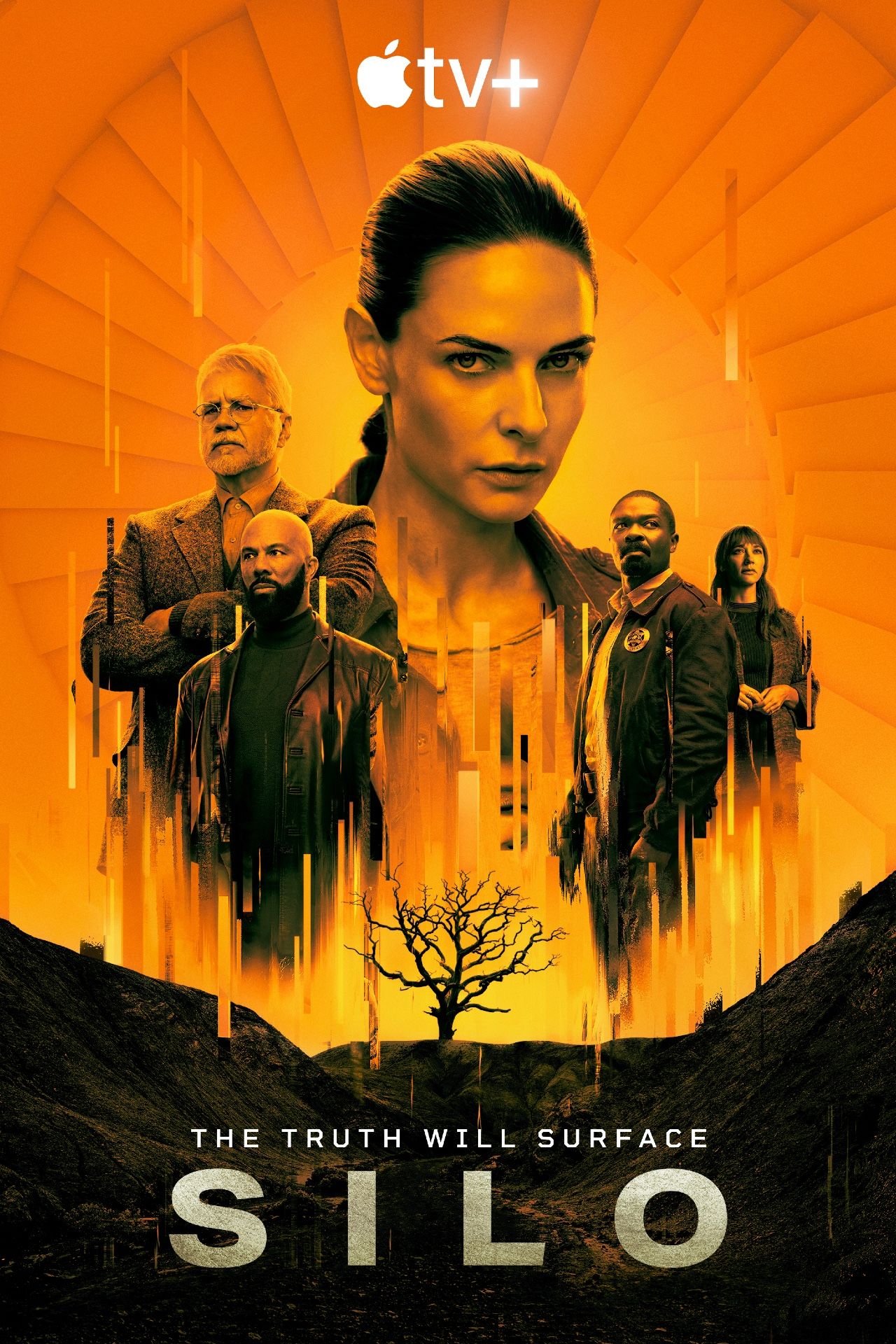An Apple TV+ show shares many similarities with Lost but already avoids one big mistake that weighed down the classic ABC mystery series. Airing from 2004 to 2010, Lost is still one of the most memorable TV shows from the mid-aughts, known for its immersive serialized storytelling and expansive world-building. In its runtime of 121 episodes, the show adopted many intriguing narrative devices and took many risks to cement itself as one of the most innovative and important television shows of the 21st century.
However, despite having a solid run for six seasons, Lost also garnered a fair share of criticism. The ABC show still boasts an average Rotten Tomatoes critics score of 84% across all seasons. However, after watching Lost over 20 years after its release, it is hard not to notice many massive flaws in its narrative choices and story developments. An Apple TV+ show, often touted as the streamer’s Lost sci-fi replacement, is interestingly overturning the ABC mystery series’ biggest storytelling mistakes in one solid way.
Silo & Lost Are Similar, But Silo Already Has A Narrative Endgame
Silo Adapts A Well-Rounded Book Series Of The Same Name
On the surface, Silo and Lost may seem like two distinct sci-fi shows. However, a closer look at their settings reveals how both unfold in confined dystopian locations where characters are isolated from the rest of the world and forced to solve many intriguing mysteries. The characters in Silo and Lost experience a sense of undying danger and uncertainty as they struggle to adapt to the flawed rules they have created to maintain order as a means of survival.
Related
Silo: What Happens To Juliette In The Books
Before finally reaching a well-rounded closure, Juliette’s story goes through many ups and downs, highs and lows in Hugh Howey’s original Silo books.
Despite being trapped in closed settings, the characters in both often confront the possibility of whether there is anything—or anyone—beyond their little self-sustaining worlds. As both shows progress, their central tension arises from the characters’ realization that the systems they have relied on to ensure their survival are built on nothing but lies and deception. They also learn that there is way more to their settings than meets the eye, and invisible external forces have secretly been pulling the strings of their fates from behind the scenes.
…
Silo
already has an endgame, while
Lost
aimlessly wanders from one story beat to another.
Although Silo is relatively less fantastical than Lost and does not have any supernatural elements, both shows feature protagonists who are deadset on finding the truth about their worlds. However, despite all the similarities, Silo already has an endgame, while Lost aimlessly wanders from one story beat to another. Lost‘s directionless approach benefits it in many ways but eventually weighs it down, preventing it from tying many loose ends towards the end. Silo seems to head in a similar direction. However, since it adapts Hugh Howey’s conclusive book trilogy, it will eventually pay off all underlying story setups.
How Silo’s Lost Similarities Make It Even Better
Like The ABC Show, It Prompts Endless Discussions Among Viewers
By adopting the same approach as Lost, Silo manages to recreate the same sense of enigma and intrigue that kept viewers glued to their TV screens when they first watched the ABC series. While shows like From have arguably done an even better job of recapturing all the elements that made Lost incredibly successful in the 2000s, Silo, too, effectively immerses audiences into its mystery drama by not promising to provide all the answers.
|
Show |
Rotten Tomatoes Critics’ Score |
Rotten Tomatoes Audience Score |
|
Lost |
86% |
90% |
|
From |
96% |
80% |
|
Silo |
92% |
64% |
Although risky, this approach works so incredibly well for Lost, Silo, and From because it encourages viewers to theorize and discuss what will happen next. Like most other shows, it does not promise a payoff. However, it gives viewers the thrill of staying on the tip of their toes, making them feel the same sense of uncertainty as the characters.Silo, of course, also seems to have a significant edge over Lost and From because it leaves audiences with more questions than answers as it progresses but also eventually promises to provide a satisfying closure like its source material.
Unlike Lost, Silo Cannot Be Stretched Beyond A Certain Point
Silo Will Have To Stick To The Essence Of Its Source Material
Lost‘s co-creator, Damon Lindelof, wanted to end the show after season 3. However, since the show had grown incredibly popular and was one of the most financially lucrative IPs for ABC, the network convinced him to continue the series. In an interview (via Collider), Lindelof revealed that they wanted to have “stuff answered by the end of” each season and then end the show’s run “after about three years.” Given how Lost experienced a decline in quality in its latter seasons and struggled to answer many questions toward the end, it arguably would have benefited from ending a little early.
There are three books in Hugh Howey’s
Silo
series:
Wool
,
Shift
, and
Dust
.
Silo could have easily made the same mistake. Given how Silo season 2 has started drifting away from the Hugh Howey books in several ways, the Apple TV+ show might even have a more expansive storyline than its source material. However, since Silo bears the responsibility of capturing the essence of the original books, its narrative cannot be stretched beyond a limit. This prevents the Apple TV+ show from lasting as long as Lost, which promises its ending will not be as underwhelming as the ABC mystery series.

